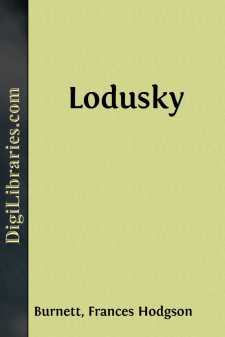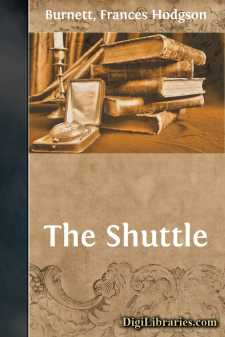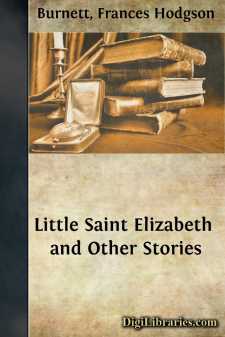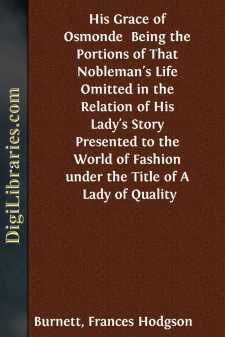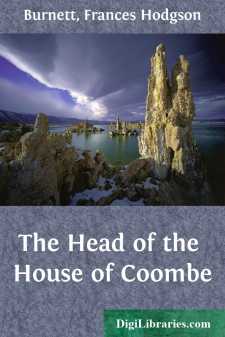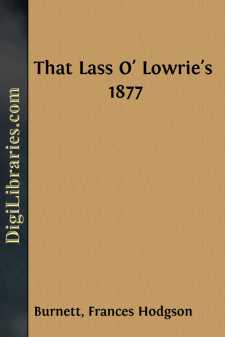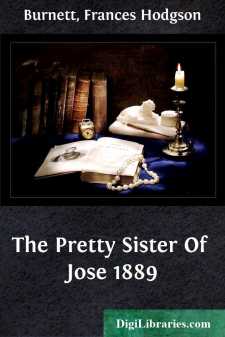Categories
- Antiques & Collectibles 13
- Architecture 36
- Art 48
- Bibles 22
- Biography & Autobiography 816
- Body, Mind & Spirit 145
- Business & Economics 28
- Children's Books 17
- Children's Fiction 14
- Computers 4
- Cooking 94
- Crafts & Hobbies 4
- Drama 346
- Education 58
- Family & Relationships 59
- Fiction 11834
- Foreign Language Study 3
- Games 19
- Gardening 17
- Health & Fitness 34
- History 1378
- House & Home 1
- Humor 147
- Juvenile Fiction 1873
- Juvenile Nonfiction 202
- Language Arts & Disciplines 89
- Law 16
- Literary Collections 686
- Literary Criticism 179
- Mathematics 13
- Medical 41
- Music 40
- Nature 179
- Non-Classifiable 1768
- Performing Arts 7
- Periodicals 1453
- Philosophy 66
- Photography 2
- Poetry 897
- Political Science 203
- Psychology 45
- Reference 154
- Religion 516
- Science 126
- Self-Help 85
- Social Science 82
- Sports & Recreation 34
- Study Aids 3
- Technology & Engineering 59
- Transportation 23
- Travel 463
- True Crime 29
Our website is made possible by displaying online advertisements to our visitors.
Please consider supporting us by disabling your ad blocker.
"Seth"
Categories:
Description:
Excerpt
He came in one evening at sun set with the empty coal-train—his dull young face pale and heavy-eyed with weariness, his corduroy suit dusty and travel-stained, his worldly possessions tied up in the smallest of handkerchief bundles and slung upon the stick resting on his shoulder—and naturally his first appearance attracted some attention among the loungers about the shed dignified by the title of "dépôt." I say "naturally," because arrivals upon the trains to Black Creek were so scarce as to be regarded as curiosities; which again might be said to be natural. The line to the mines had been in existence two months, since the English company had taken them in hand and pushed the matter through with an energy startling to, and not exactly approved by, the majority of good East Tennesseeans. After the first week or so of arrivals—principally Welsh and English miners, with an occasional Irishman—the trains had returned daily to the Creek without a passenger; and accordingly this one created some trifling sensation.
Not that his outward appearance was particularly interesting or suggestive of approaching excitement. He was only a lad of nineteen or twenty, in working English-cut garb, and with a short, awkward figure, and a troubled, homely face—a face so homely and troubled, in fact, that its half-bewildered look was almost pathetic.
He advanced toward the shed hesitatingly, and touched his cap as if half in clumsy courtesy and half in timid appeal. "Mesters," he said, "good-day to yo'."
The company bestirred themselves with one accord, and to the roughest and most laconic gave him a brief "Good-day."
"You're English," said a good-natured Welshman, "ar'n't you, my lad?"
"Ay, mester," was the reply: "I'm fro' Lancashire."
He sat down on the edge of the rough platform, and laid his stick and bundle down in a slow, wearied fashion.
"Fro' Lancashire," he repeated in a voice as wearied as his action—"fro' th' Deepton coalmines theer. You'll know th' name on 'em, I ha' no doubt. Th' same company owns 'em as owns these."
"What!" said an outsider—"Langley an 'em?"
The boy turned himself round and nodded. "Ay," he answered—"them. That was why I comn here. I comn to get work fro'—fro' him."
He faltered in his speech oddly, and even reddened a little, at the same time rubbing his hands together with a nervousness which seemed habitual to him.
"Mester Ed'ard, I mean," he added—"th' young mester as is here. I heerd as he liked 'Merika, an'—an' I comn."
The loungers glanced at each other, and their glance did not mean high appreciation of the speaker's intellectual powers. There was a lack of practicalness in such faith in another man as expressed itself in the wistful, hesitant voice.
"Did he say he'd give you work?" asked the first man who had questioned him, the Welshman Evans.
"No. I dunnot think—I dunnot think he'd know me if he seed me. Theer wur so many on us."
Another exchange of glances, and then another question: "Where are you going to stay?"
The homely face reddened more deeply, and the lad's eyes—dull, soft, almost womanish eyes—raised themselves to the speaker's. "Do yo' knew anybody as would be loikely to tak' me in a bit" he said, "until I ha' toime to earn th' wage to pay? I wouldna wrong no mon a penny as had trusted me."
There was manifest hesitation, and then some one spoke: "Lancashire Jack might."
"Mester," said the lad to Evans, "would you moind speakin' a word fur me? I ha' had a long tramp, an' I'm fagged-loike, an'"—He stopped and rose from his seat with a hurried movement. "Who's that theer as is comin'?" he demanded. "Isna it th' young mester?"
The some one in question was a young man on horseback, who at that moment turned the corner and rode toward the shed with a loose rein, allowing his horse to choose his own pace.
"Ay," said the lad with an actual tremor in his excited voice—"it's him, sure enow," and sank back on his seat again as if he had found himself scarcely strong enough to stand. "I—I ha' not 'aten much fur two or three days," he said to Evans....



